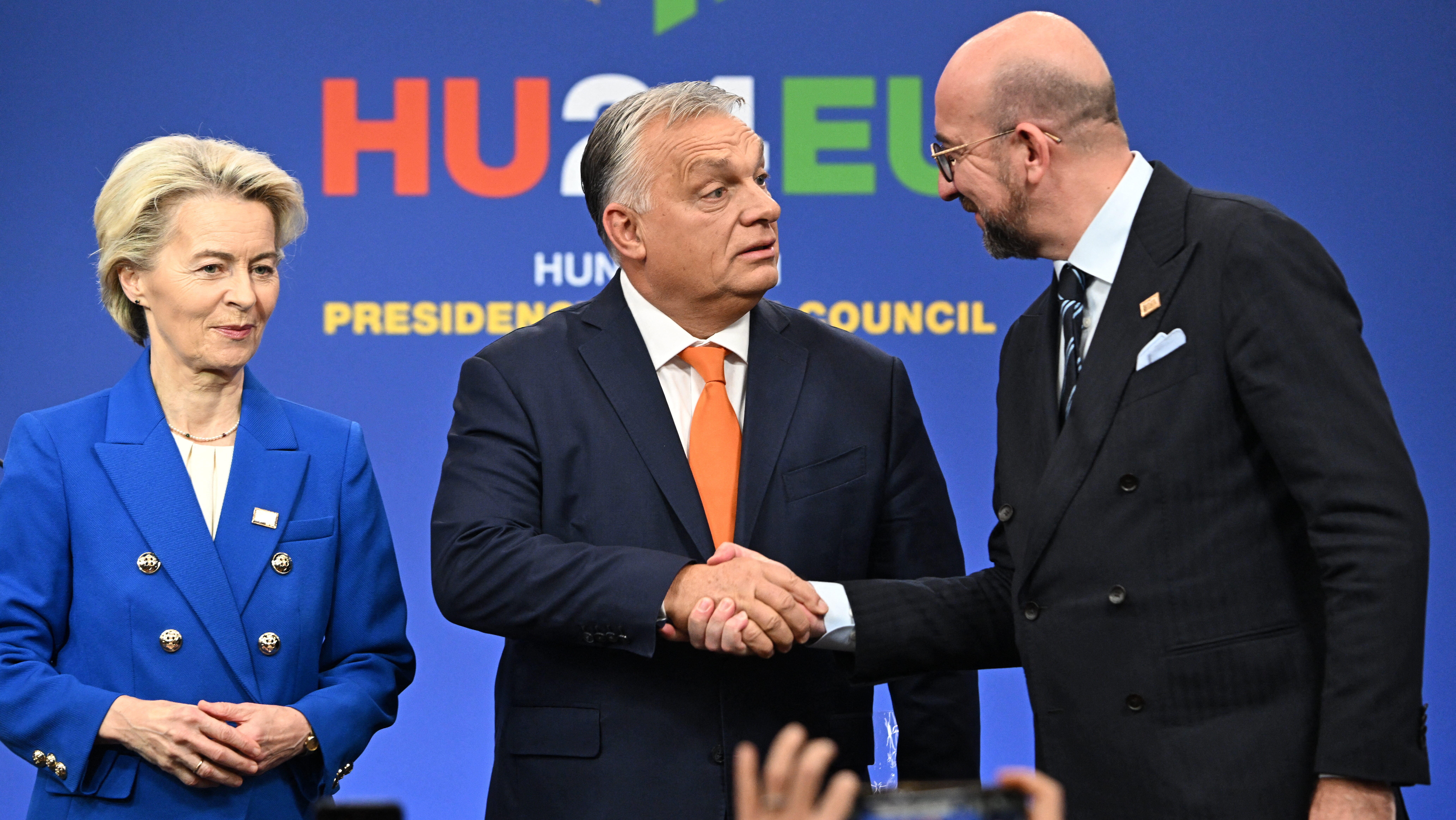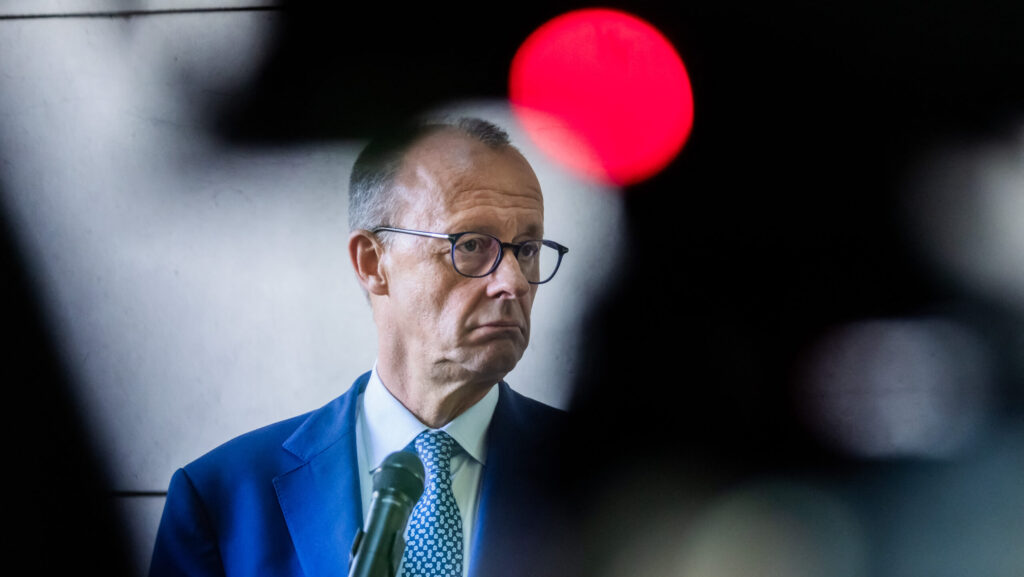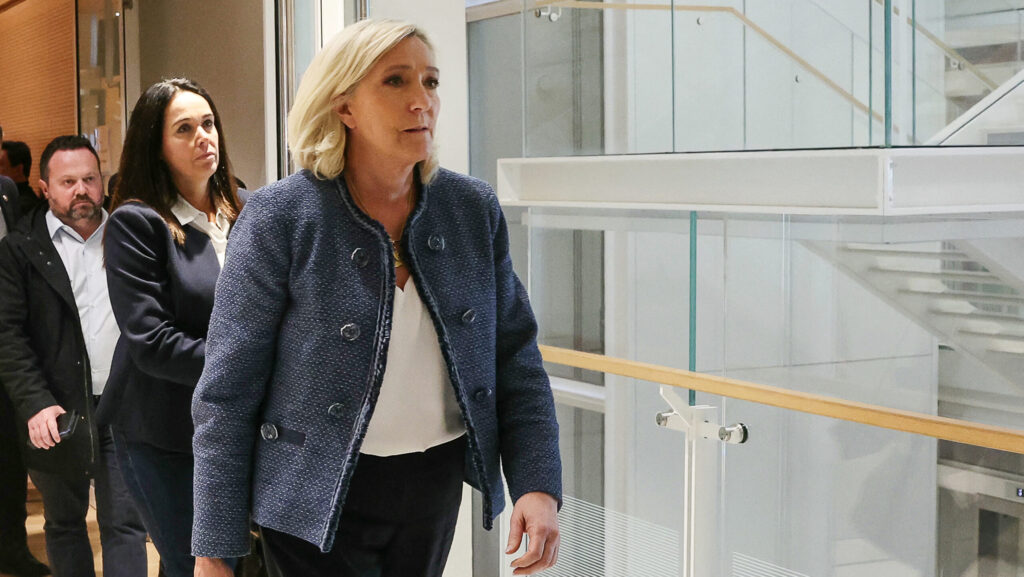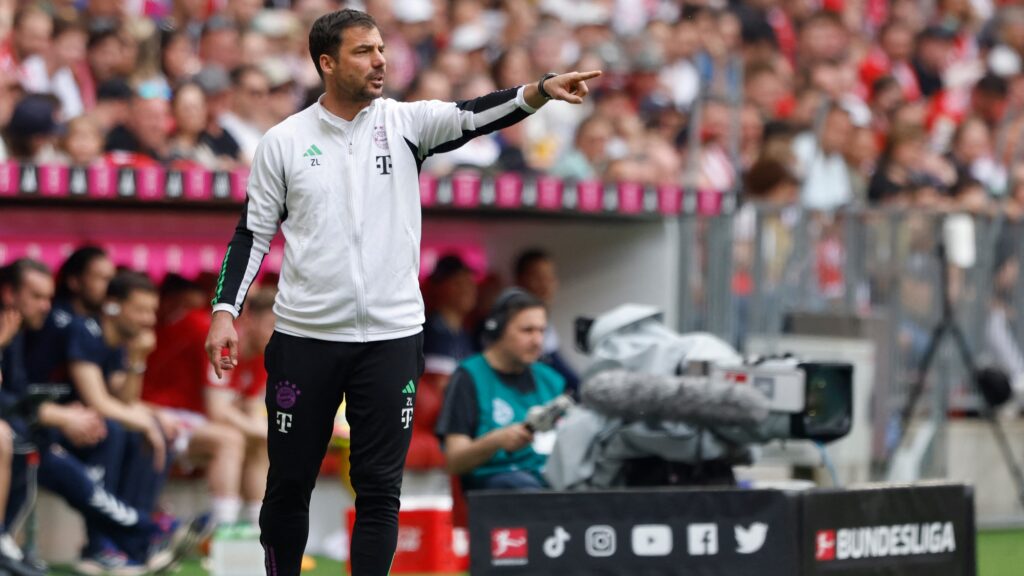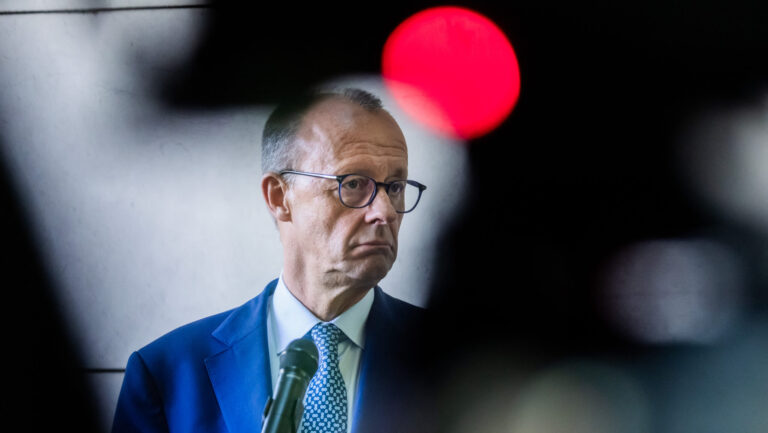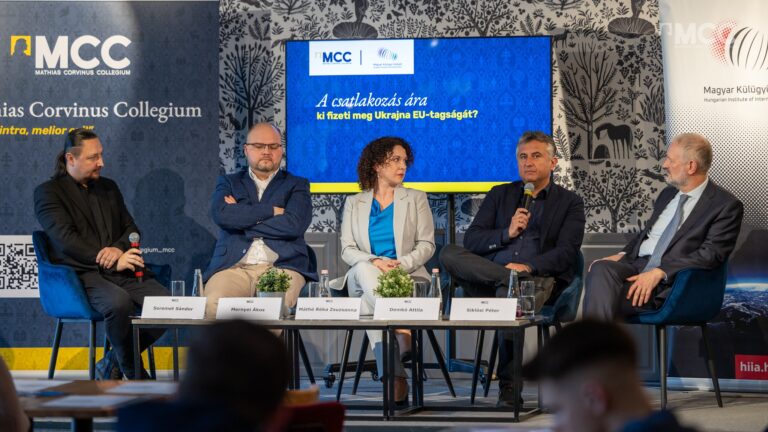Half a year ago, Europe—and indeed the world—watched with cautious anticipation as Hungary assumed the rotating presidency of the Council of the European Union, taking over from Belgium. Public discourse leading up to July focused heavily on the challenges ahead for Viktor Orbán’s government. Questions arose about how Hungary, whose positions often diverge sharply from those of the EU on key issues, would fulfill the role of an ‘honest broker’. Equally debated was whether the liberal-progressive mainstream, which frequently and vehemently criticizes Budapest, would be willing to cooperate with Hungary.
Six months later, the answer is clear: Hungary is concluding one of the most remarkable and successful presidency semesters in recent years and is now handing over the baton to Poland. Significant progress has been made across all the priority areas set by the Hungarian presidency, including competitiveness, the fight against illegal migration, enlargement, and promoting peace in Ukraine. In many cases, these achievements have been substantial.
‘Now we stand ready to say: a job well done,’ Hungarian Prime Minister Viktor Orbán declared in Brussels on Wednesday evening, ahead of the European Council summit scheduled on Thursday.
Giving Peace a Chance
Anyone expecting a dull and uneventful presidency, focused primarily on administrative tasks, quickly realized their mistake. At the very start of July, as Hungary assumed the presidency, Orbán embarked on his first peace mission, which took him to Kyiv, Moscow, Beijing, Washington, and finally Florida.
During this ‘world tour,’ Orbán engaged with key figures and warring parties capable of influencing negotiations, including Ukrainian President Volodymyr Zelenskyy, Russian President Vladimir Putin, Chinese President Xi Jinping, Turkish President Recep Tayyip Erdoğan, and US President-elect Donald Trump. He also attended the NATO summit in Washington.
At the end of his mission, Orbán presented a ten-point assessment to the European Council, outlining conclusions and proposals aimed at bringing the parties closer to a peaceful settlement.
However, Orbán’s proposal was not taken seriously in Brussels, as officials appeared more focused on punishing Hungary for the prime minister’s ‘rogue’ peace mission. His negotiations sparked a significant backlash within the EU, with figures such as Ursula von der Leyen, Charles Michel, and hawkish member state officials criticizing Orbán.
Brussels argued that the Hungarian prime minister was acting as if he were representing the EU’s position in his role as rotating president. This claim persisted despite repeated clarifications from Hungarian government officials that Orbán had attended the talks in his capacity as Hungarian prime minister, not on behalf of the EU.
The underlying reason for the criticism, however, likely stemmed from Brussels’ dissatisfaction with one of its member states defying the pro-war mainstream by actively pursuing efforts for peace.
Brussels response was a potential boycott of meetings, summits, and other events organized under the Hungarian EU Presidency. Although there was never unanimous agreement on this approach, even among member states critical of Hungary, this form of retaliation was frequently hinted at by EU officials throughout Hungary’s Presidency.
Budapest, however, chose to respond in a more mature and measured manner than Brussels, focusing entirely on ensuring the success of the Presidency—an achievement that also reflects positively on the European Union as a whole—rather than engaging in petty disputes.
As advancing peace in Ukraine was one of the top priorities of Hungary’s EU Presidency, the Hungarian government consistently worked to keep the issue on the daily agenda in some form. This effort was significantly bolstered by Donald Trump’s historic comeback victory in the US presidential election on 5 November. A close ally of Viktor Orbán, Trump is a staunch advocate for peace talks between Ukraine and Russia, having pledged during his campaign to resolve the conflict as quickly as possible if elected president—a Herculean task that he may well be uniquely positioned to achieve.
As the presidency drew to a close, Orbán launched another peace mission to frame the semester’s efforts. During this mission, he met again with all the leaders previously engaged, except for Xi Jinping and Volodymyr Zelenskyy—the latter reportedly refusing to meet with the Hungarian prime minister. Orbán ultimately proposed a Christmas ceasefire and a large-scale prisoner exchange to both Russia and Ukraine. While Zelenskyy rejected the proposal outright, it remains on the table, with the incoming Trump administration reportedly looking into it. The Kremlin, for its part, has repeatedly expressed support for the initiative.
‘Half a year ago, no one wanted to hear about peace; now everyone is talking about it. We have opened the door, and meaningful negotiations can now begin. This is the greatest achievement of the Hungarian EU Presidency,’ Viktor Orbán declared in Ankara last week.
Peace will undoubtedly become a more tangible prospect as Donald Trump’s inauguration day on 20 January approaches. After that, the European Union will inevitably have to engage in discussions about peace talks—prompting leaders in Brussels and Western Europe to reassess the past six months in a new light.
The More the Merrier
However, not all the successes of the Hungarian EU Presidency are viewed so controversially in Brussels; many are acknowledged and regarded as significant even by EU leaders. Among these achievements is the remarkable acceleration of the EU’s enlargement process compared to recent years. Following Wednesday’s Western Balkans-EU summit, both European Commission President Ursula von der Leyen and European Council President António Costa praised the bloc’s enlargement policy, highlighting the substantial benefits it offers to both EU member states and candidate countries.
Hungary has long championed this position, maintaining strong relations with nearly all Balkan states, particularly Serbia. However, over the past decade or more, the EU has demonstrated limited political will to expedite the enlargement process, despite some countries waiting over 20 years to join—double that timeframe if Türkiye is included. Notably, the accession negotiation chapters for the EU’s most recent member, Croatia, were concluded at the end of Hungary’s first EU Presidency, back in 2011.
‘In the past two months, we have seen more progress than in the previous 15 years’
The successes achieved during the past six months speak for themselves. In November, 15 years after submitting its application for membership, Albania and the EU officially opened accession negotiations. ‘In the past two months, we have seen more progress than in the previous 15 years,’ Hungarian Minister for Foreign Affairs and Trade Péter Szijjártó remarked on Tuesday following the EU foreign ministers’ meeting.
In addition to Albania, Montenegro and Serbia, which had already begun negotiations earlier, have also made significant strides toward full EU membership. Montenegro successfully closed three chapters—an achievement that took seven and a half years—while Serbia advanced to the third cluster of chapters necessary for accession.
Moreover, EU member states adopted the Council conclusions on enlargement, providing a strong impetus for advancing the enlargement process in the Western Balkans and beyond in the coming years.
Speaking of enlargement, after many years of negotiations, Bulgaria and Romania have finally reached the end of their Schengen accession process. With Austria—long a vetoing member state—granting its approval, a historic agreement was signed in Budapest at the end of November. Orbán hailed the accession of the two countries to the Schengen Area as a ‘fantastic success,’ highlighting that negotiations had been stalled for nearly a decade.
‘All the countries of the Western Balkans have made progress, with some taking huge strides. There is no country that hasn’t benefited from our efforts, and if we include the Schengen Area, this has been a semester of great successes,’ Orbán concluded.
Make Europe Great Again
Hungary argued well before the start of its EU presidency that the European Union urgently needed to enhance its competitiveness or risk falling into an irrecoverable disadvantage compared to the United States and Asia in terms of economic performance and innovation. This warning gained further traction when former European Central Bank President Mario Draghi and former Italian Prime Minister Enrico Letta published their reports on EU competitiveness and the future of the single market, triggering alarm bells among other member states’ leaders.
Concerns have been further heightened by the election of Donald Trump, who is anticipated to rigorously enforce his ‘America First’ policy on trade. In this context, it is particularly telling that the Budapest Declaration—an agreement designed to boost European competitiveness—was signed by national leaders just two days after Trump’s victory.
The name of the declaration is, of course, no coincidence: it was adopted at the informal European Council meeting held in early November in the Hungarian capital. The Budapest summits—the European Political Community (EPC) summit and the informal EUCO meeting—are considered significant successes in their own right, both for the quality of their organization and execution and for their importance. This is particularly true when considering the achievements reached during these events.
The Budapest Declaration outlines the EU’s primary focus on competitiveness for the next five years and establishes several key targets. These include the establishment of a capital markets union, the development of a European defence industrial base, the reduction of administrative burdens, and more. ‘No one wishes to manage decline; rather, everyone wants to make Europe great again!’ Orbán stressed after the adoptation of the declaration.
In addition to the major achievements, Member States have also accomplished numerous other successes, or partial successes of significant importance on a smaller scale, during the six months of the Hungarian Presidency. These include strengthening the EU’s relations with Central Asia and Southeast Asia, adopting a declaration on promoting Jewish life and combating anti-Semitism, reaching an agreement on preventing human smuggling, and more.
The Hungarian Presidency has demonstrated that it is possible to carry out serious and effective work, even amidst strong headwinds and constant criticism, while always working for Europe and in the interests of its citizens. Naturally, the full impact of the results achieved over the past six months cannot yet be fully assessed, given the magnitude of the challenges addressed. However, one thing is certain: the Hungarian EU Presidency of 2024 will be remembered as one of the most dynamic and successful semesters in the EU’s history.
Read more about the Hungarian EU Presidency:

